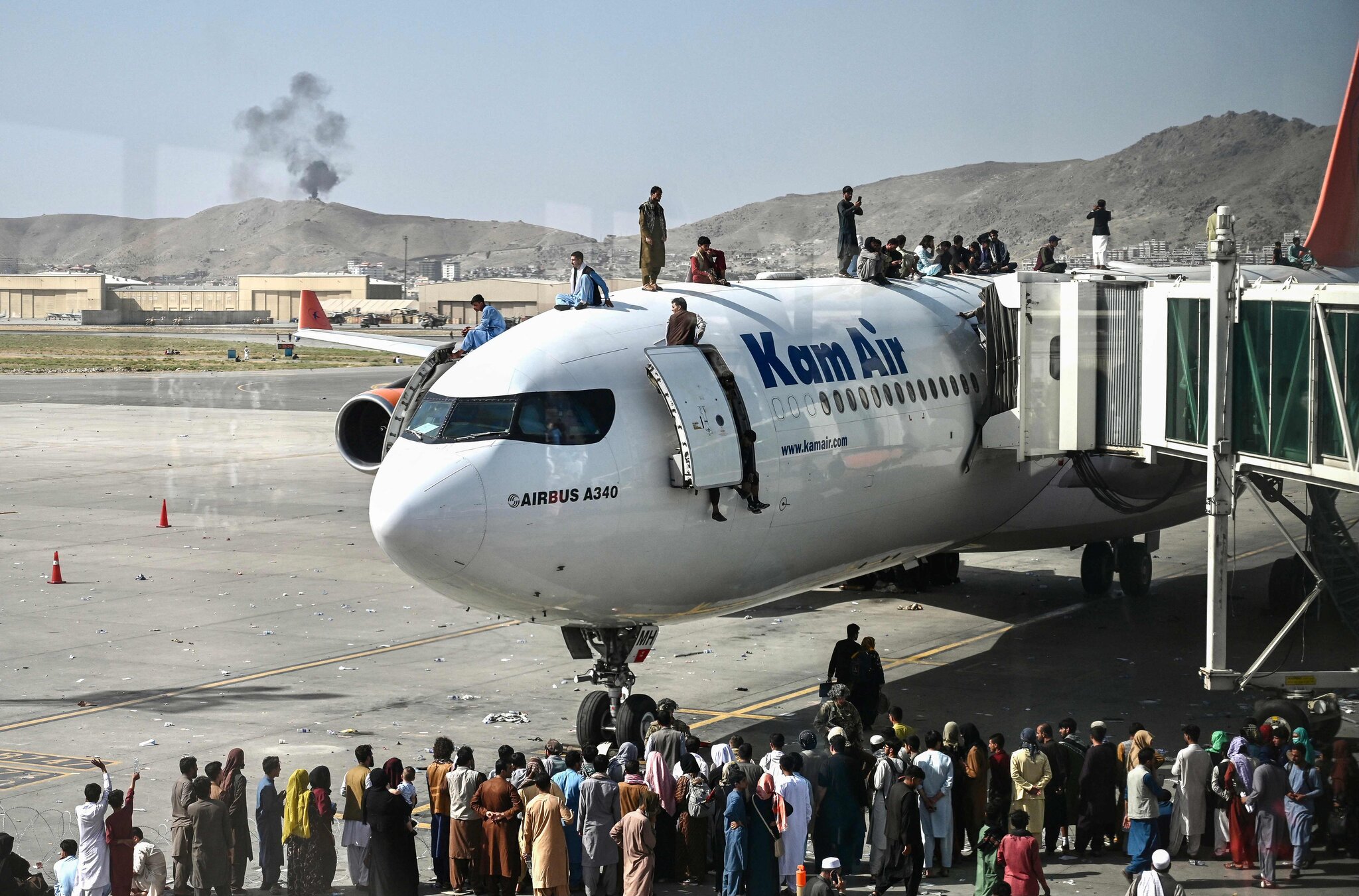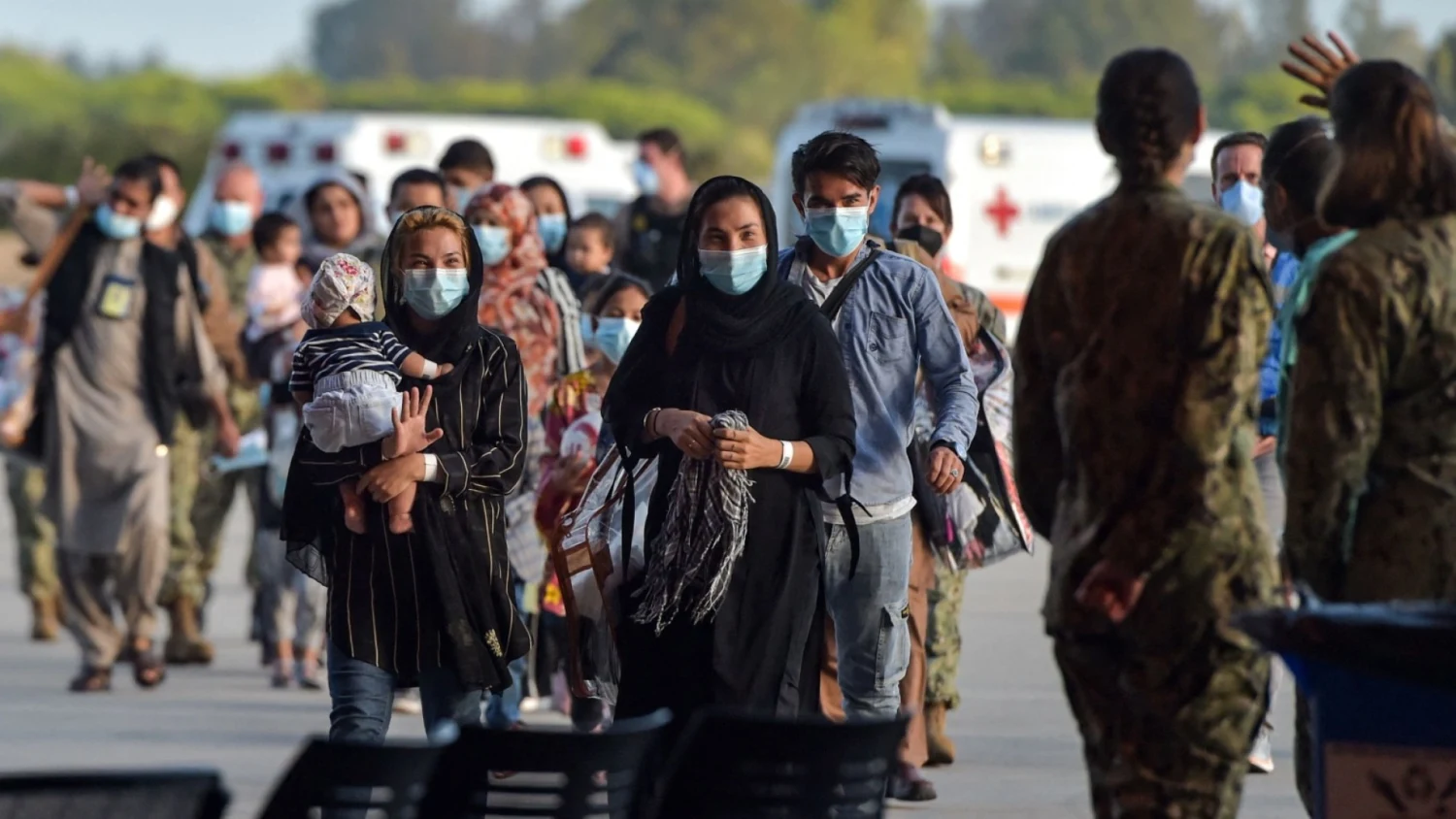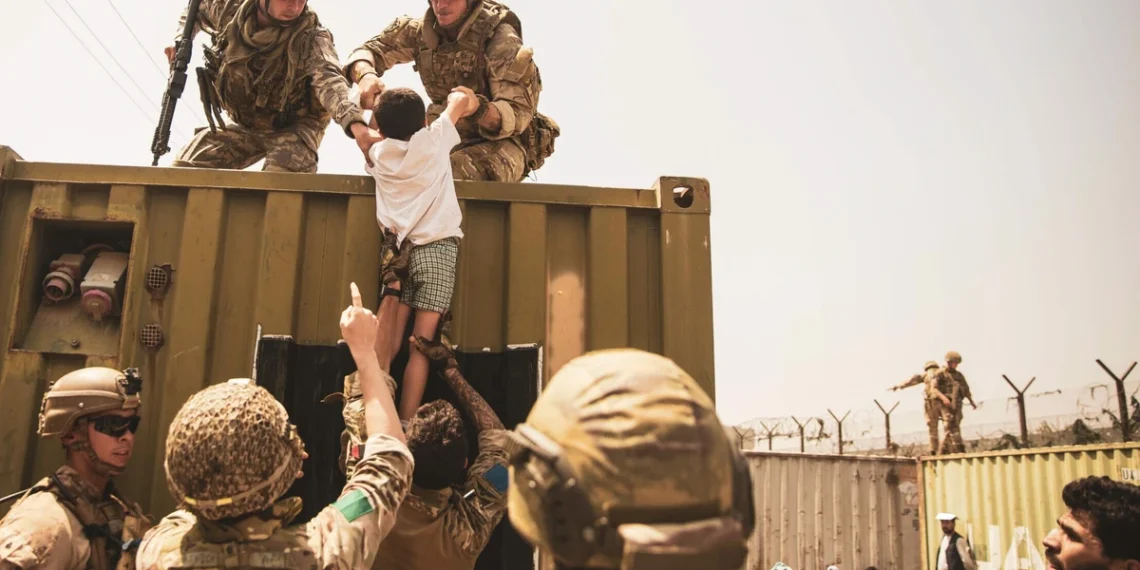The future of a program aiding Afghan allies seeking refuge in the United States is uncertain, with a cap on Special Immigration Visas (SIVs) likely to be reached by August.
This could leave thousands at risk of Taliban retaliation following the U.S. troop withdrawal from Afghanistan in 2021. Currently, only around 8,000 SIVs remain available, prompting calls to Congress to raise the cap.
However, with no agreement in sight, more than 10,000 applicants and their families await vetting and interviews outside Afghanistan, while tens of thousands of other applications are pending processing.

The potential halt of the program has drawn criticism, with Congressman Jason Crow denouncing it as a moral and security failure. Amid escalating immigration debates and Taliban actions, concerns mount over the fate of Afghan allies. Despite Taliban claims of amnesty, reports of violence against former officials and soldiers persist.
Efforts to expand the SIV program face obstacles, with disagreement over government financing complicating matters. Speaker Mike Johnson’s opposition has stalled proposals, leaving Afghan allies in limbo. Even if an increase in visas were approved, it may not be sufficient to address the backlog of applications.

Since its inception, the SIV program has faced challenges, including processing delays under the previous administration. While recent efforts have expedited approvals, concerns linger over meeting congressional processing requirements.
The plight of Afghan allies underscores the need for swift action and bipartisan cooperation to uphold commitments made to those who supported the U.S. during years of conflict. Failure to address the situation could result in dire consequences for vulnerable individuals awaiting assistance.





